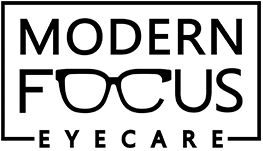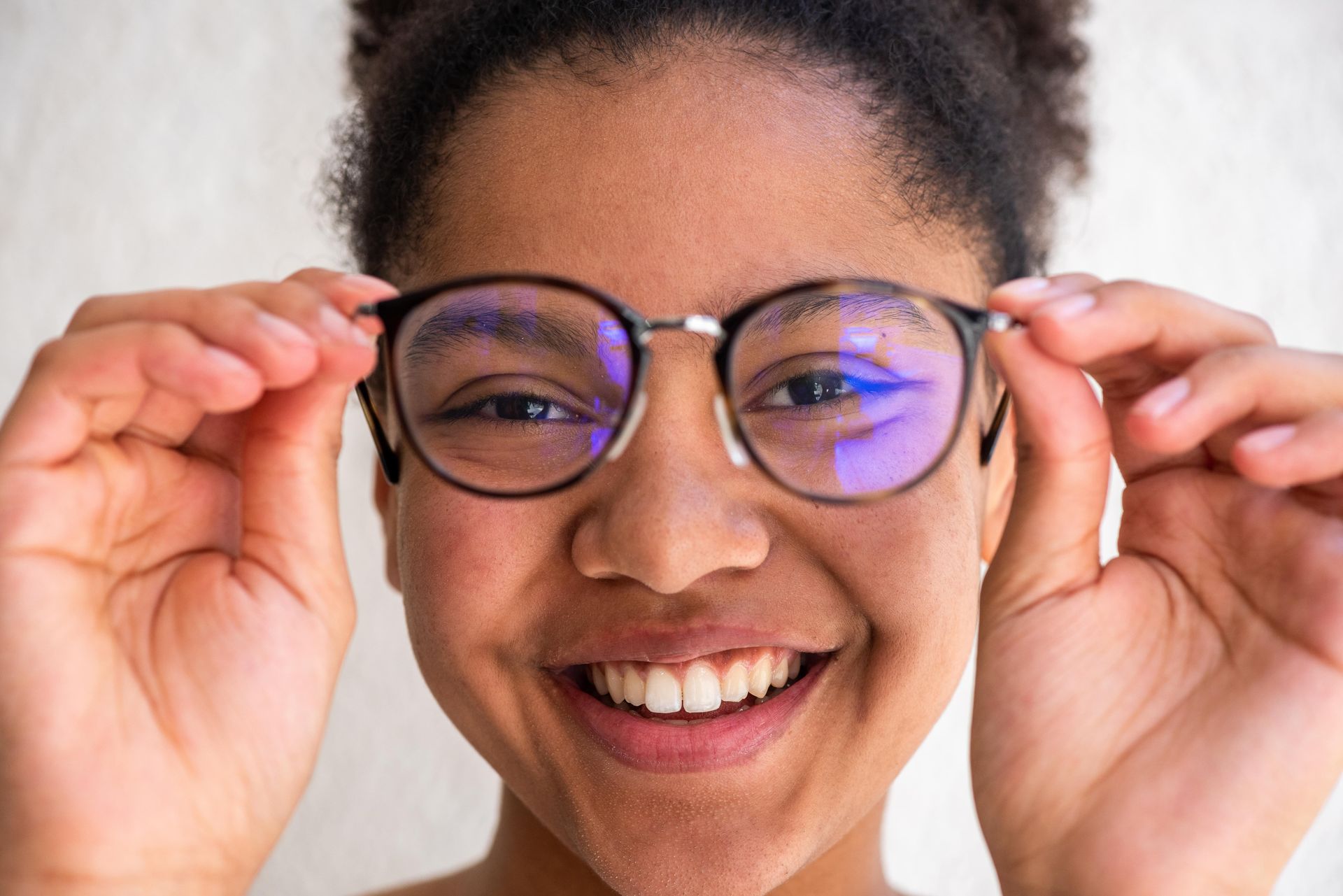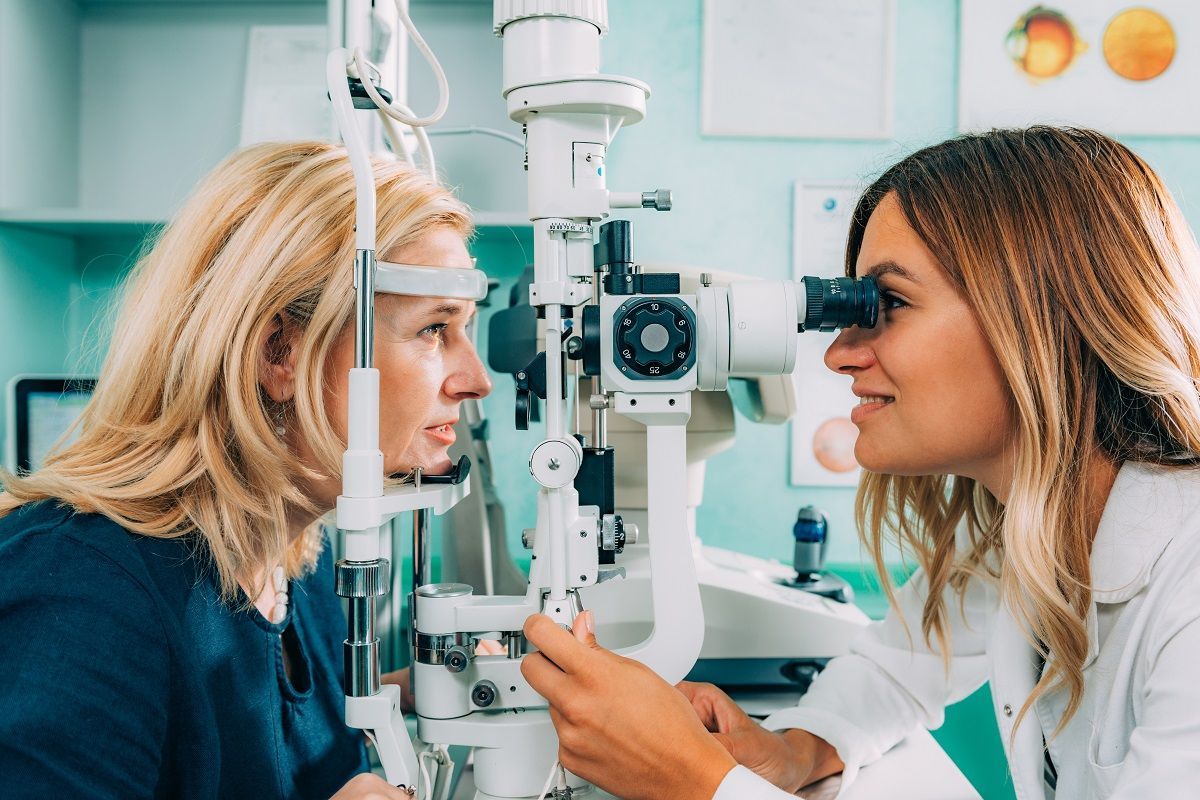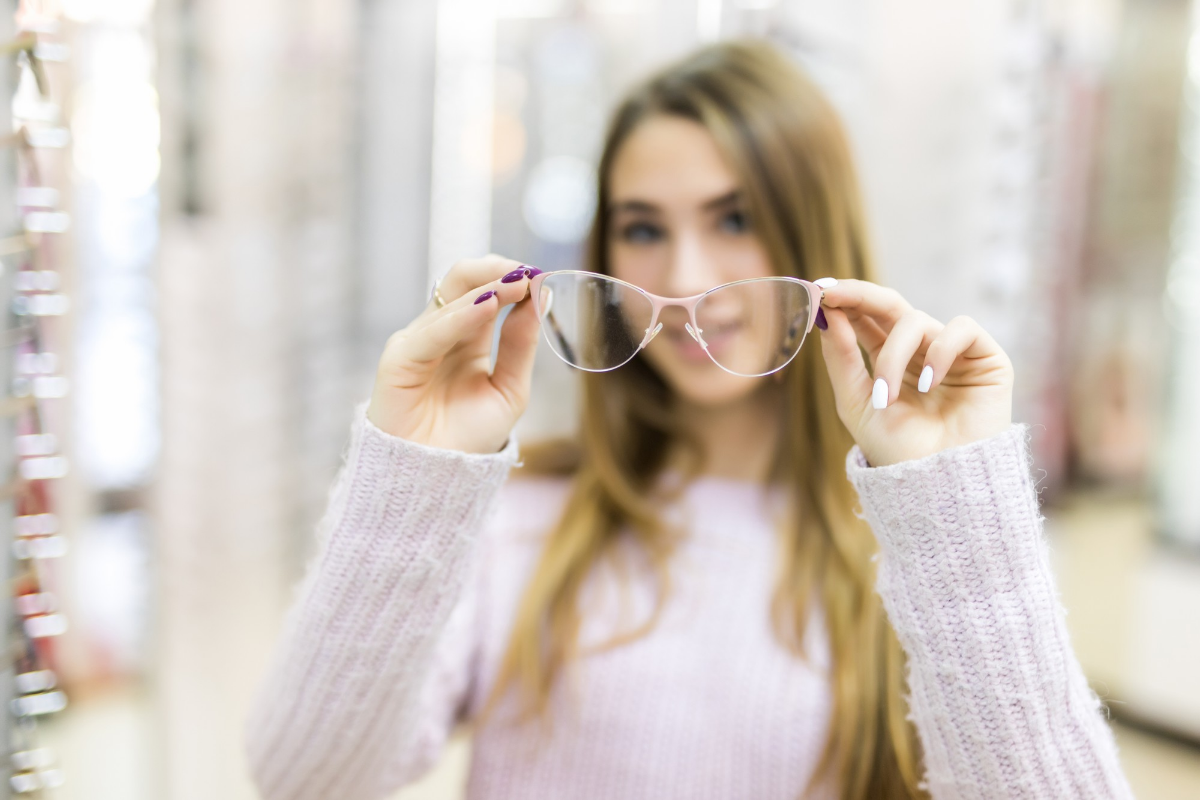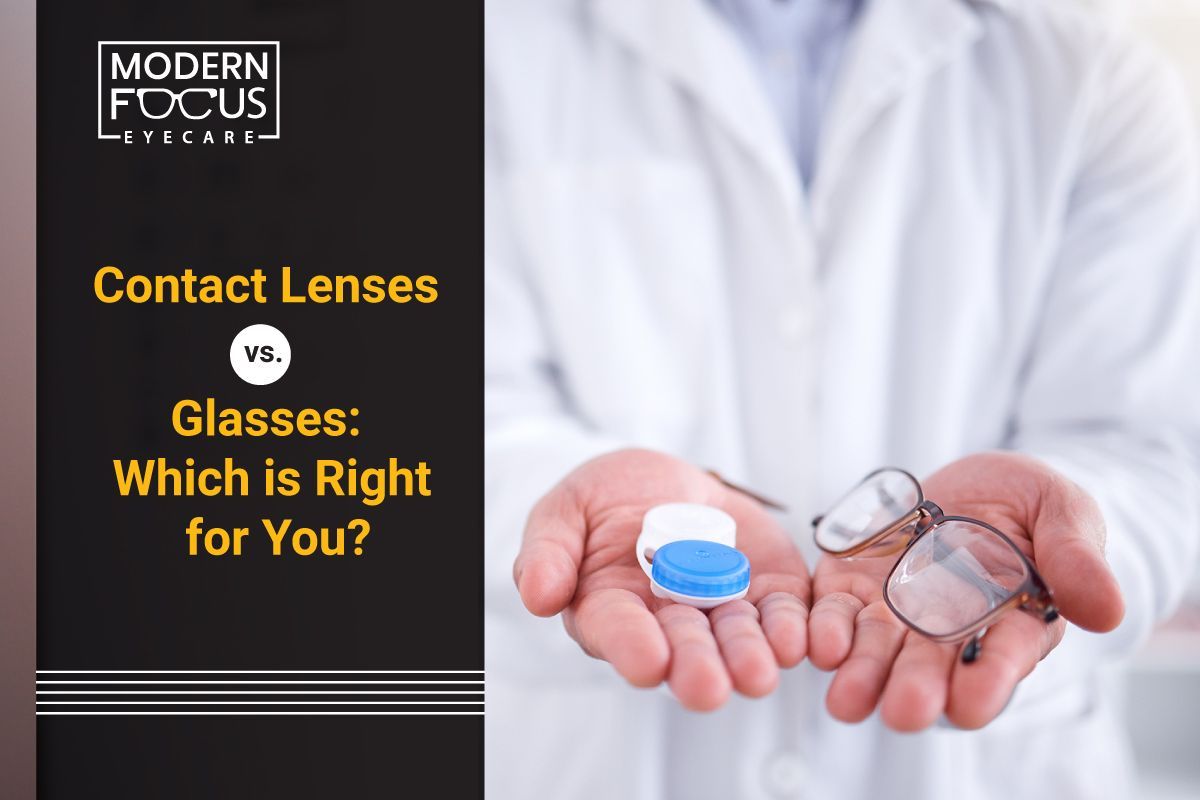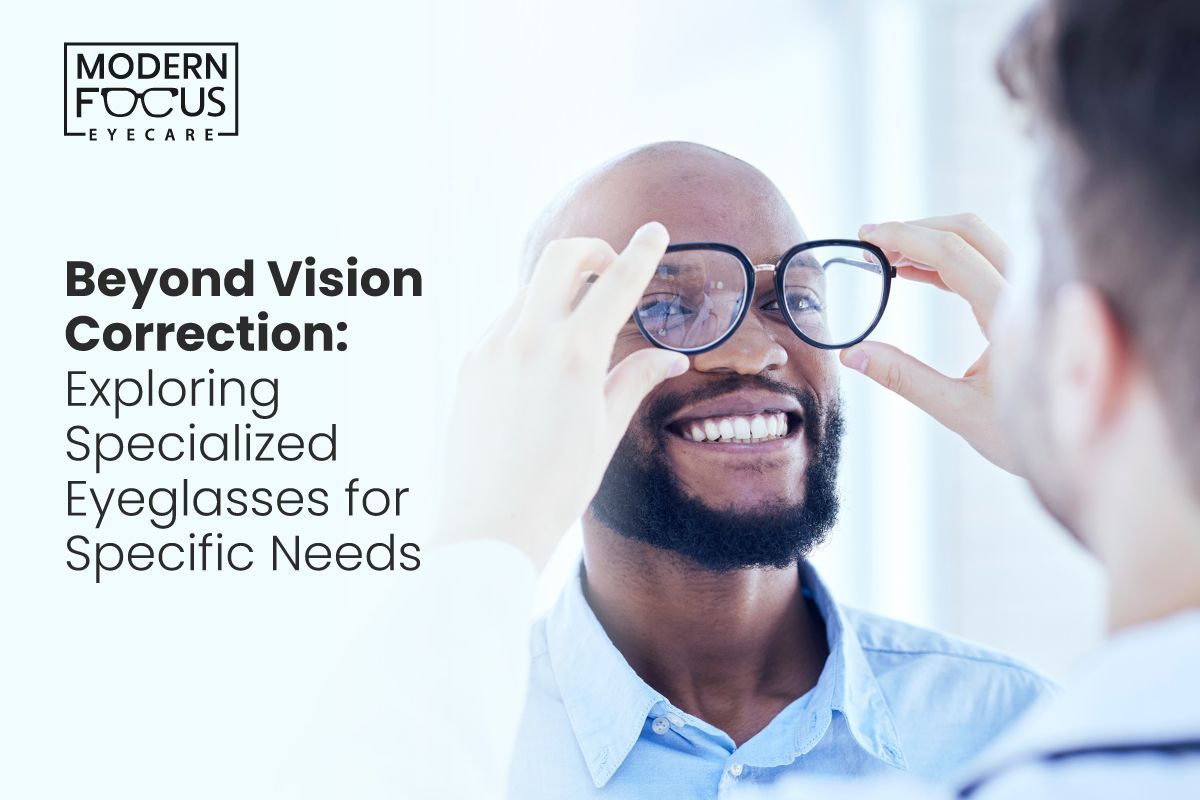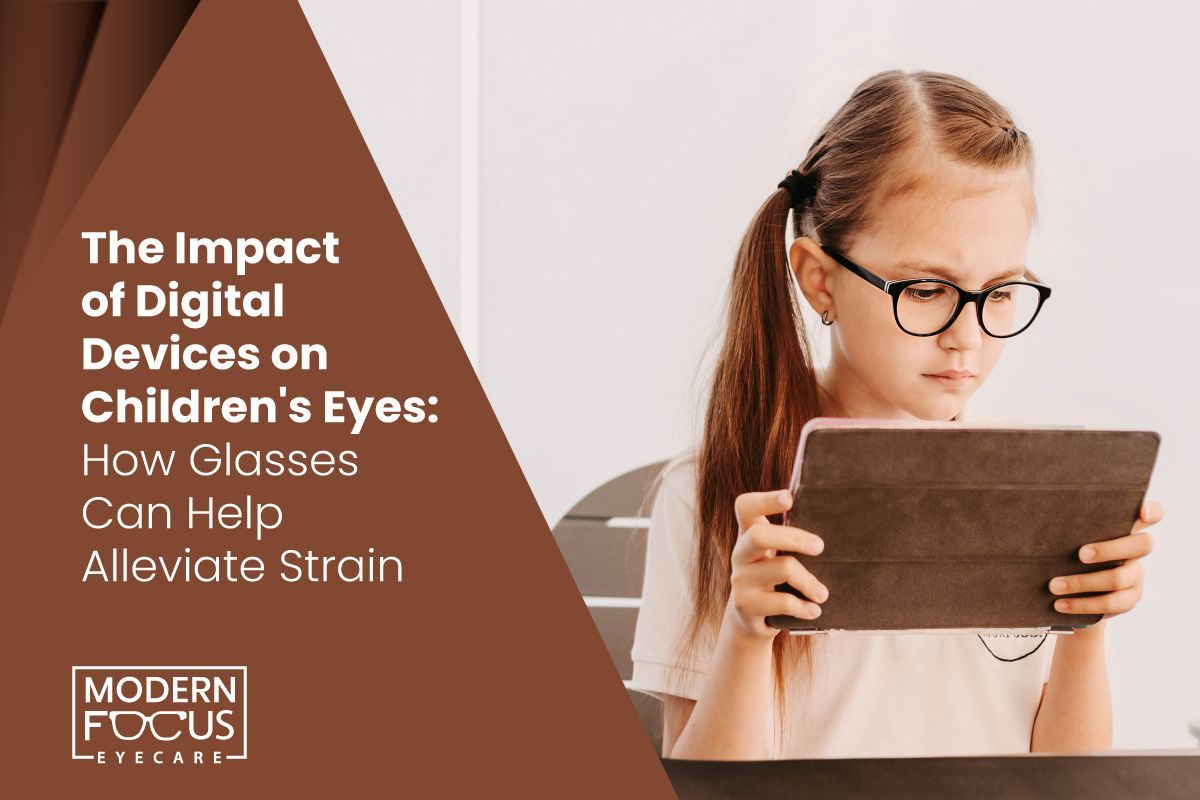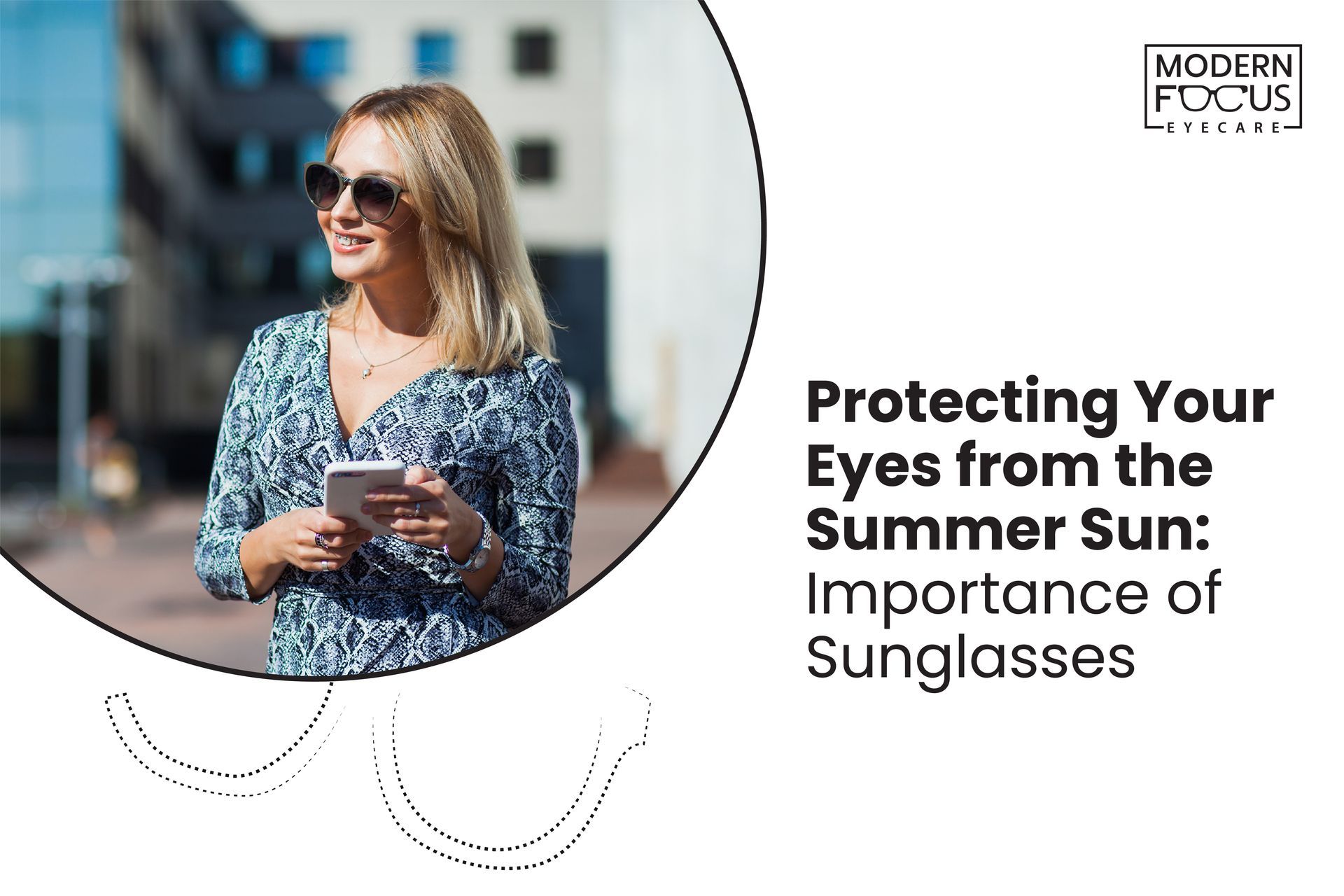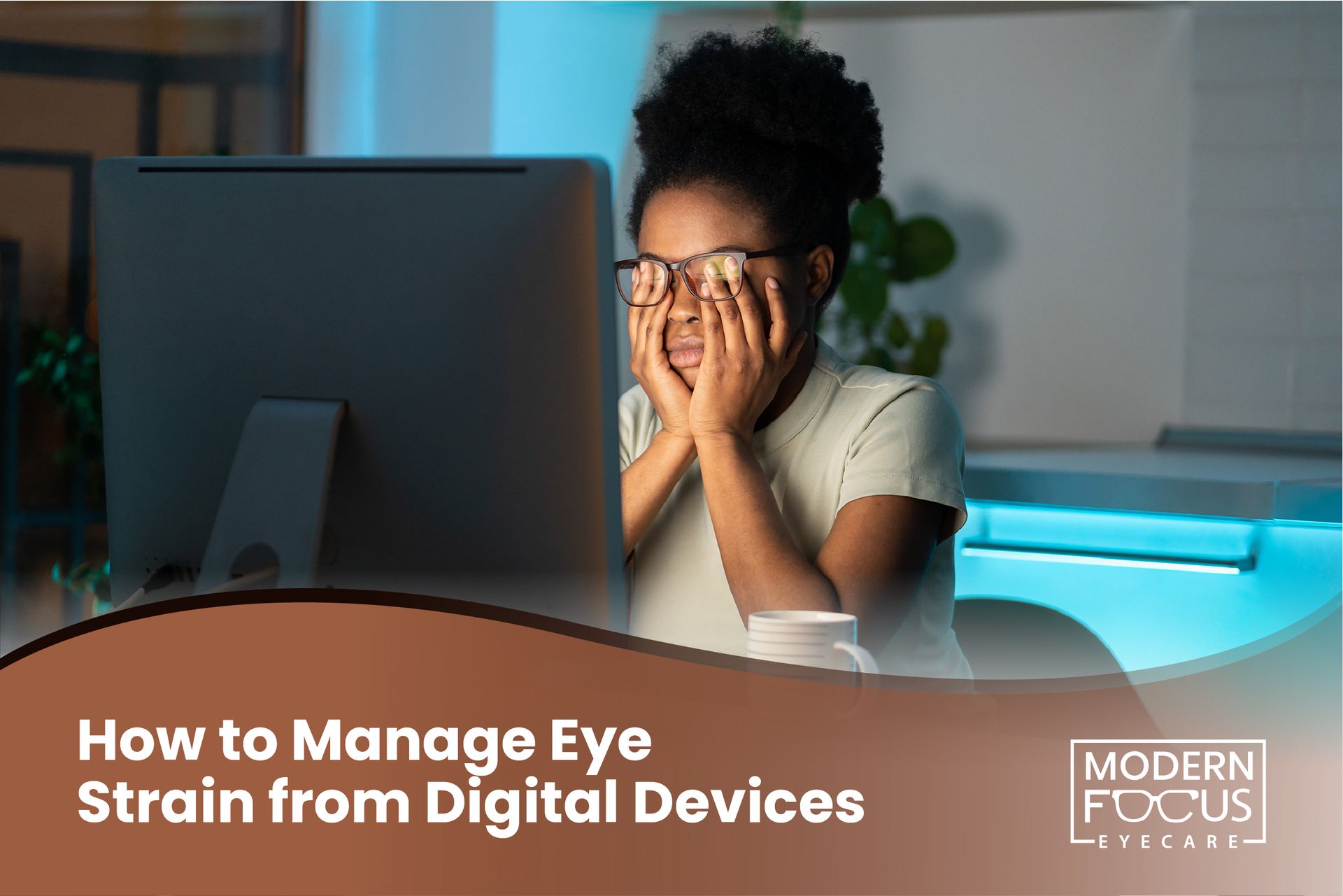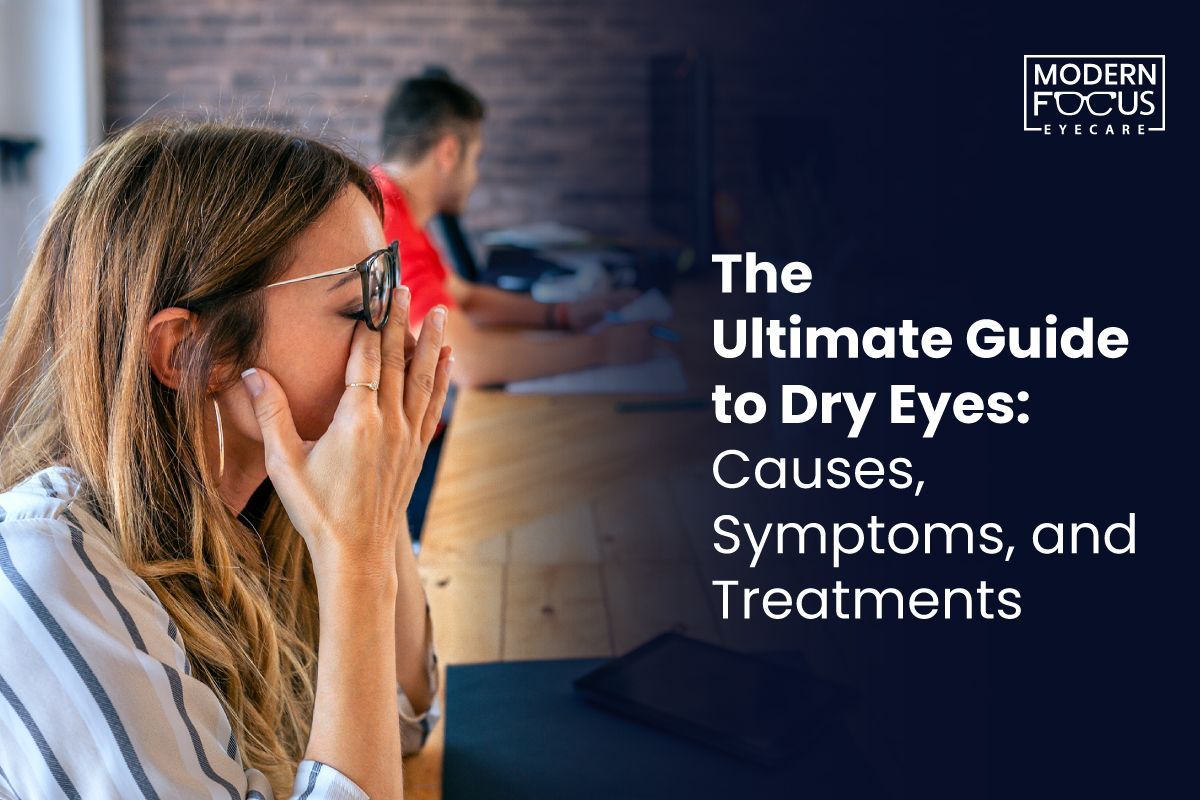Does Wearing Eyeglasses Improve Eyesight?
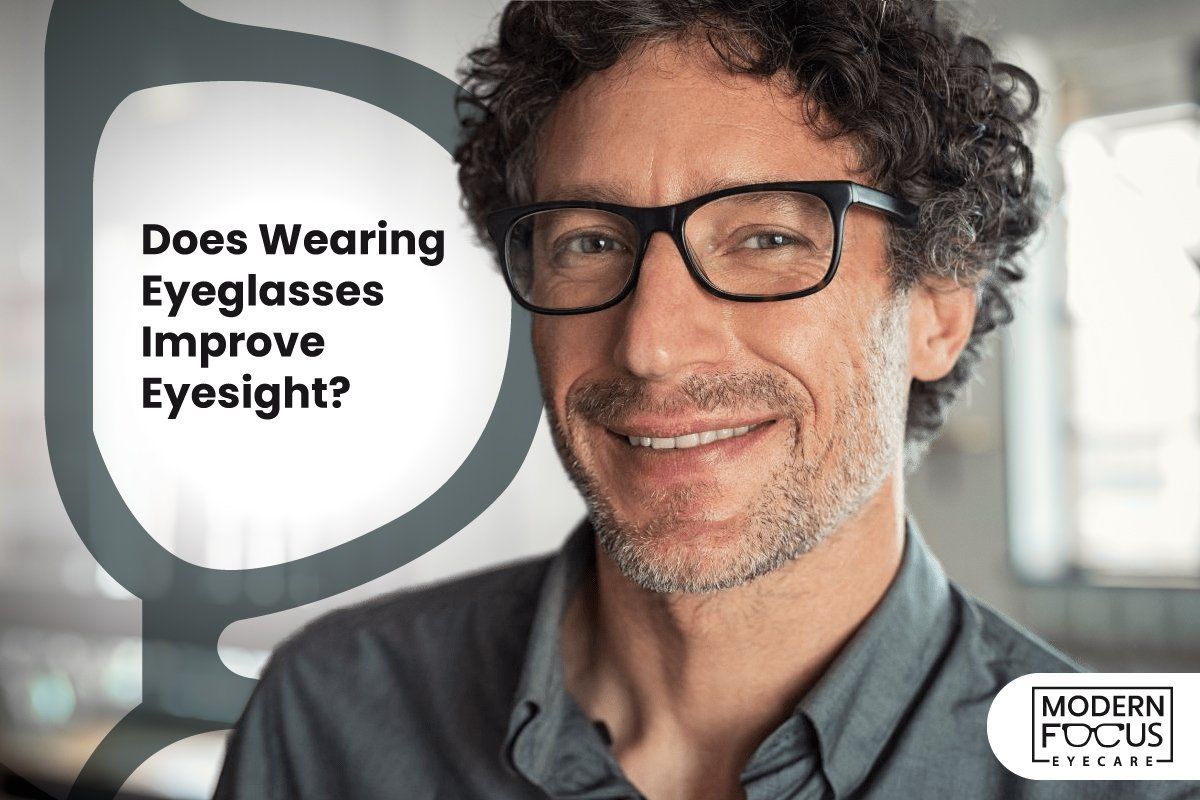
Eyeglasses have become an integral part of many people's lives. It's almost as if their glasses are an extension of their eyes. You might be wondering if eyeglasses really help with your vision or if they even affect your vision. These questions come into mind, especially if you've been wearing one for a long time or received some prescription glasses recently.
Often, misconceptions about eyesight conditions and treatments are based on a lack of understanding of their causes and effects. Discover how eyeglasses work and how they can improve your vision here.
How Does Light Travel Into Your Eye
Light is reacted to by the retina, which is a layer of cells at the back of the eyes. The activities of the cells are translated into images by the brain. Focusing your eyes on something causes the light rays to come together inside your eye. When an individual has perfect vision, the rays will focus on the part of the retina that produces clear images.
An irregular pupil or cornea will cause blurry vision since the pupil and cornea shrink and focus the image. In nearsightedness and farsightedness, the eyes have difficulty focusing on the point on the retina that produces the clearest image.
Also, read on
How Does the Human Eye Work?
Eyesight With Glasses
Fortunately, glasses improve your vision by
focusing light on the right spot in your retina. Eyesight with glasses is beneficial, especially if you are experiencing refractive errors. By bending light, the curved lenses in eyeglasses manipulate light to reach the right spot on your retina if using the right prescription. This results in a crisp, clear image. They improve your ability to see clearly and sharply regardless of the distance.
How Do Eyeglass Lenses Differ?
Eyeglasses use different types of lenses to correct various types of vision problems. These includes:
- Cylindrical lens. The curves are more pronounced in one direction than in the other. The purpose of these devices is to correct astigmatism.
- Convex lens. Like a magnifying glass, these lenses are thickest in the center. This type of lens corrects farsightedness (hyperopia). The numerical prescription is always represented by a plus (+) in diopters.
- Concave lens. For concave lenses, the centers of these are the thinnest. Numerical prescriptions in diopters are always marked with a minus (-). The purpose of these lenses is to correct nearsightedness (myopia).
Also, read about
the Structure of the Lens and Its Associations With Visual Quality.
Is Vision Impairment Common?
At least
2.2 billion people worldwide have near or distant vision impairments. At least one billion of these cases - or almost half - could have been prevented or addressed. Of that 1 billion,
88.4 million people suffer from untreated refractive errors.
Furthermore, approximately
12 million Americans aged 40 and over have vision impairment. Among these, about 1 million are blind, 3 million have vision impairment after correction, and 8 million have vision impairment due to uncorrected refractive errors.
Causes of Vision Impairments
The leading causes of vision impairments worldwide are the following:
- Age-related macular degeneration, or AMD
How Can Eyeglasses Fix Vision Problems?
Among the problems for which glasses may be helpful are:
- Farsightedness (hyperopia): Nearby objects appear blurry, while objects in the distance appear clear.
- Nearsightedness (myopia): Objects close to you are clearly visible, while objects farther away are blurry.
- Presbyopia: Losing the ability to focus on nearby objects as you grow older (an age-related condition).
- Astigmatism: Blurred or distorted vision due to a problem with your cornea (or lens).
Do Glasses Improve Vision?
Eyeglasses can correct your vision if you suffer from refractive errors. However, it is essential to remember that you will only benefit from them if you wear them.
There is a
direct correlation between eye structure and eyesight. In the case of myopia (nearsightedness), the eye might appear elongated or curved. Whenever light refracts into the eye, it fails to focus correctly. Suppose your eye cannot compensate for the error. In that case, the only option is to adjust or fix the corneal curvature, which requires surgery, such as LASIK.
Your eyeglasses correct your blurry vision, no matter how far or close you are. The glasses' corrective lens refracts light and directs it to your eye lens.
Your optometrist can also recommend special lenses or therapies to improve your eyesight based on your eye condition.
Schedule
regular comprehensive examinations with Modern Focus Eyecare to prevent your eye symptoms from worsening.
Will My Sight Improve Enough to Stop Wearing My Glasses?
Wearing eyeglasses will help you improve your vision. As far as "fixing" your eyes so that you eventually don't require glasses, that isn't going to happen. A person's eye structure determines their visual capacity. The purpose of glasses is to help you see better by correcting any physical irregularities within your eye.
As a result, your visual perception changes when you wear glasses, not your physical vision. This means your vision does not improve (when you are not wearing glasses).
Myths About Wearing Glasses
1. Over Time, Eyeglasses Can Weaken Your Vision
People believe that 'pushing' their eyes to concentrate without help, strengthens the muscles around their eyeballs, slowing the progression of refractive errors. Contrary to popular belief, this is not the case.
You may experience fatigue and eye strain if you do not wear eyeglasses. Several factors can harm your work productivity. They can also contribute to behavioral problems in children.
Eyeglasses add a level of refraction to the image to compensate for the lenses inside your eyes. This creates a clear picture that your brain can process.
2. A Wrong Prescription Can Harm Your Eyes
Wearing the wrong prescription could negatively impact your office performance and cause headaches or migraines. The wrong prescription eyeglasses for children can accelerate the progression of a refractive error, so getting the most accurate prescription for lenses is essential.
What Happens If I Wear the Wrong Eyeglasses
Wearing the wrong prescription does not substantially affect your eyesight, so can you continue wearing your glasses? It is possible, but it would result in eye strain whether one or both lenses have the wrong prescription.
The following signs may indicate that your prescription is incorrect:
- Dry eyes
- Itching or burning eyes
- Fatigued
- Having trouble keeping your eyes open
- A sore neck, back, and shoulder (usually caused by bad posture)
- Consistent headaches
- Having trouble concentrating
- Vision becomes blurry
- Double vision
- Eye soreness
Get Quality Eyeglasses for Your Vision Problems
Here at
Modern Focus Eyecare, we aim to give you the best eye care that suits your needs. Our institution provides a comprehensive eye exam to assess the best prescription eyeglasses for refractive errors. Additionally, our board-certified optometrists can give you options and customize your eyeglasses, making your life much easier. Let's talk about your eye health today. Call us at
(972) 617-800.
If you have any questions, schedule an appointment
With Our Eye Doctor or Call Us At (972) 617-8000
Modern Focus is your one-stop Eyecare Center in Texas. We have a team of highly-experienced optometrists to examine, diagnose, treat, and manage diseases, injuries.
Useful Links
Our Eye Services
Copyright © 2021 Modern Focus. All rights reserved.

